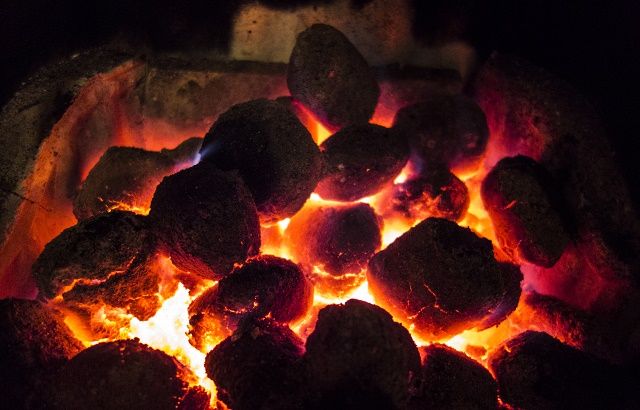After being out of sync with the rest of the world on the inclusion of so-called ‘clean coal’ in green financing projects, China has decided to exclude it from future consideration.
On 29 May, The People’s Bank of China stated that a new catalogue of eligible projects will replace the previous one published in 2015.
A contradiction in terms, clean coal usually refers to coal that has been ‘washed’ to remove impurities or technology that has been implemented to limit levels of pollution.
Green finance will also be available for renewable energy or carbon capture projects; as well as for steel mills to pay for mandatory upgrades to their emissions control technology.
The updated catalogue is open for public consultation until 12 June.
Big flow-on impact
Speaking to Expert Investor, Climate Bonds Initiative (CBI) chief executive Sean Kidney, described the announcement as “fantastic news”.
He explained that the change to the green projects catalogue brings China into line with the widely accepted international definition of investments that are consistent to achieve the Paris Agreement.
The inclusion of coal five years ago was driven by the country’s focus on air, soil and water pollution, Kidney said.
“Building a super-critical coal plant to replace a dirty old one cleans up air pollution, because carbon dioxide is not material for air pollution. So, from that perspective, it has made sense.”
But president Xi Jinping’s statements about China’s environmental ambitions have put a greater focus on greenhouse gas emissions – to which carbon dioxide is a significant contributor.
Kidney expects the benefits of the updated green projects catalogue to extend beyond China.
Especially as they tie in with the Belt & Road Initiative, which a global development strategy adopted by the Chinese in 2013 involving development and investments in nearly 70 countries and international organisations.
A number of the initiatives have involved coal investments.
“For example, the Export-Import Bank of China offers guarantees to people building coal-fired power stations in places like Indonesia and Africa at the moment.”
Moving forward, Kidney expects that it will have to review any future support of such projects.
“These are major developments with potential big flow-on impact on how China operates in the world and the kind of financing flows for investments in the sector,” Kidney added.







